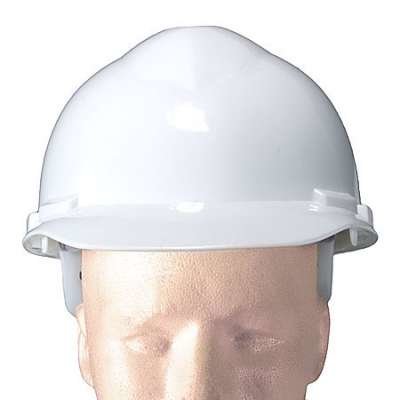
What does it mean to feel “emotionally safe” with someone?
Usually, we think of “safety” as a physical matter. We seek or want safety from a violent criminal, or a terrorist, or perhaps someone who would steal our life’s savings.
Emotional safety does not necessarily involve physical or legal issues. However, it is real to the person whether this label is used or not.
The definition is usually personal, but it’s capable of being made objective. To some people, emotional safety means trust that you will not be betrayed. To others, emotional safety means confidence that you won’t be judged unfairly or rashly. To others, emotional safety means knowing that a person will say what he means and do what he promises, especially in personal relationships.
Emotional safety, even if subconscious and unidentified, is based on certain assumptions and standards. Those standards can be reasonable — or not.
To become involved in a relationship and to feel “safe” that someone will not betray or cheat on you is a reasonable standard. To feel “safe” that you won’t be lied to, or unfairly criticized or judged are likewise reasonable expectations or standards.
However, some needs for safety are not reasonable, because not all standards are realistic and reasonable. For example, some people feel that they cannot be criticized. They feel that criticism is always an absolutely bad thing. They fail to recognize that criticism can (1) be valid, and therefore help you improve; or (2) be invalid, in which case you’re completely free to reject and ignore it. Instead of seeing criticism rationally, some people are frightened by or hostile towards it. As a result, they don’t feel emotionally safe with anyone they believe will criticize or challenge them, in any way.
Rather than dismiss this term as New Age silliness, or psychobabble, I encourage people to look inward and identify what leads them to feel more or less emotionally safe. Ask yourself, “Which people in my life do I feel safe with; and which people do I not feel safe with? And why?”
It’s better to know yourself and know your standards. It can help you live your life more consciously, and challenge any unrealistic or impossible assumptions. Doing this one time will not fix everything. But getting into these kind of self-aware habits can be of great practical benefit. Try it for awhile — weeks and months, not just minutes or hours — and you’ll see what I mean. While it’s possible to over-reflect and become paralyzed through lack of action, it’s just as much a mistake to live the unreflective life. When you live the unreflective life, you’re more at the mercy of other people or chance occurrences. You’re less subject to your own choices, your own conclusions and your own reasoning.
I believe this is why many people feel so depressed, helpless, anxious or out of control. They’re told that they “stuff their feelings.” This may be true, but it’s only a surface diagnosis. The underlying cause is the failure to live a self-examined life.
It’s important to identify the kind of people you feel safe with, and who are worthy of your trust. Leave room for mistakes and self-correction. They happen. But by consciously choosing the kind of people who deserve your trust, respect and confidence, you will have much better personal and business relationships than you ever thought possible. No matter how messed up a society or culture may become — and ours is not in good shape right now, for sure — there are always exceptional people out there who can become important and special to you, in some way. All you need are a few exceptions — even one — and you’re on your way.
Be sure to “friend” Dr. Hurd on Facebook. Search under “Michael Hurd” (Rehoboth Beach DE). Get up-to-the-minute postings, recommended articles and links, and engage in back-and-forth discussion with Dr. Hurd on topics of interest.
